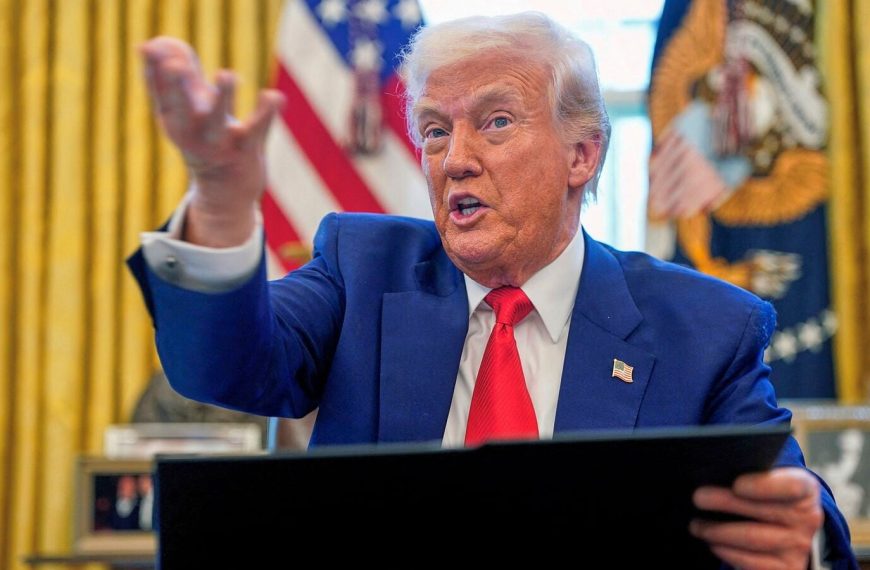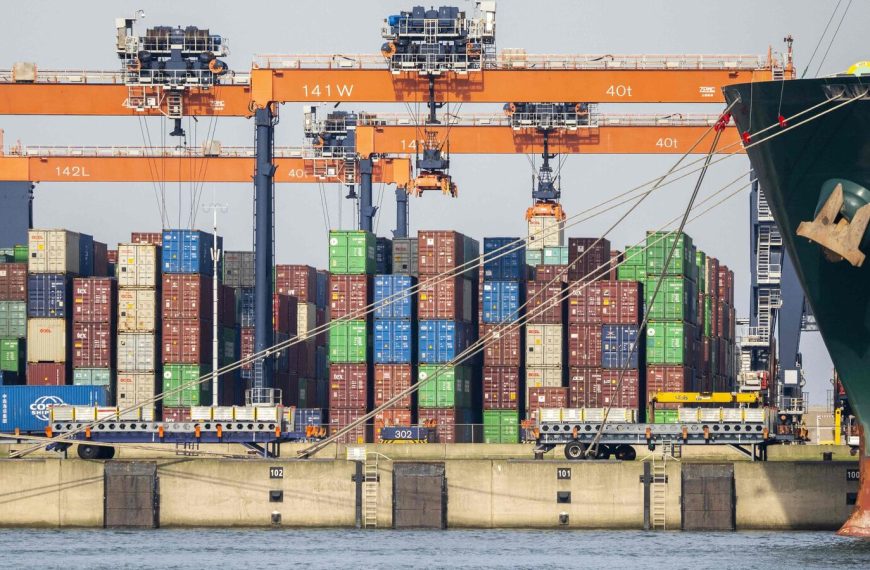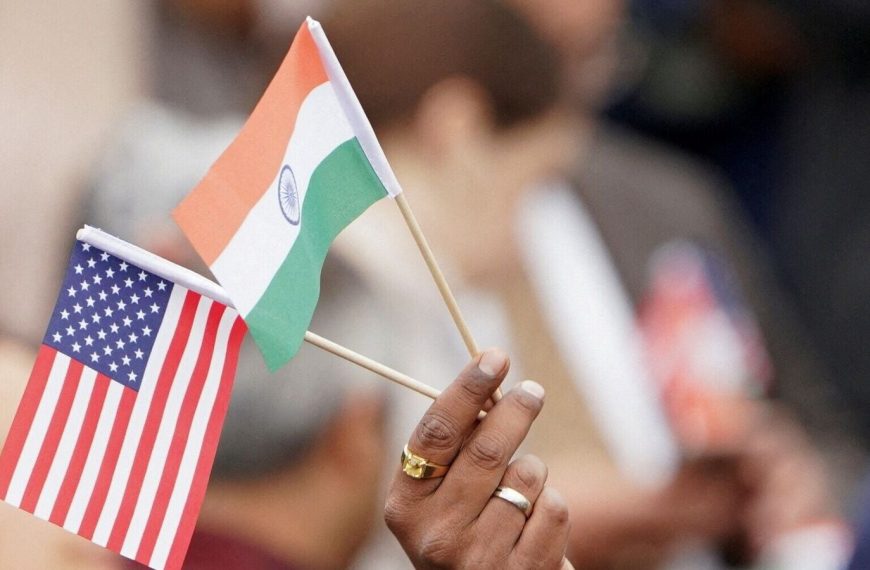South Korea is set to revamp its inheritance tax framework, aiming to make it fairer and facilitate wealth transfer to younger generations. This initiative, announced by the finance ministry, marks a significant step in tackling a tax system that has garnered considerable criticism. While the proposed changes won’t reduce the high inheritance tax rates—some of the steepest globally—they will transition from an estate-based tax model to one focused on the recipients.
Transitioning to a Recipient-Based Inheritance Tax
Under the new structure, taxes will be applied based on the amount inherited by each beneficiary rather than the overall wealth of the deceased. This means that tax responsibilities will be distributed among inheritors, allowing for individual tax deductions. Such a shift is anticipated to promote fairness and lessen the concentration of wealth within families.
- Key Features of the New Tax System:
- Shift from estate tax to inheritance tax.
- Tax liabilities spread among recipients.
- Separate deductions for each beneficiary.
Aligning with International Standards
South Korea stands alongside just three other countries—the United States, Britain, and Denmark—within the Organisation for Economic Co-operation and Development (OECD) that continue to apply estate taxes. Most member nations have adopted a more recipient-oriented approach. A 2021 OECD report suggested that a recipient-based inheritance tax could promote equity and encourage the distribution of wealth, countering monopolization.
Historical Context and Political Reactions
In the previous year, the administration under the now-impeached President Yoon Suk Yeol proposed eliminating the top inheritance tax rate of 50%. High inheritance taxes have often been blamed for the "Korea discount," which refers to the lower valuations of South Korean companies in the stock market. This move, however, faced backlash from the opposition Democratic Party, which commands a majority in parliament. Recently, its leader, Lee Jae-myung, acknowledged the need for rational revisions to the tax code.
Next Steps and Implementation Timeline
A finance ministry spokesperson clarified that the announcement addresses only essential adjustments, with additional revisions from last year’s proposals still in the pipeline. The government intends to implement these changes by 2028, pending parliamentary approval.
This overhaul of South Korea’s inheritance tax system represents a pivotal shift towards a more equitable approach, reflecting ongoing debates about wealth distribution and economic fairness in the nation. As these changes unfold, they could reshape the financial landscape for future generations.











